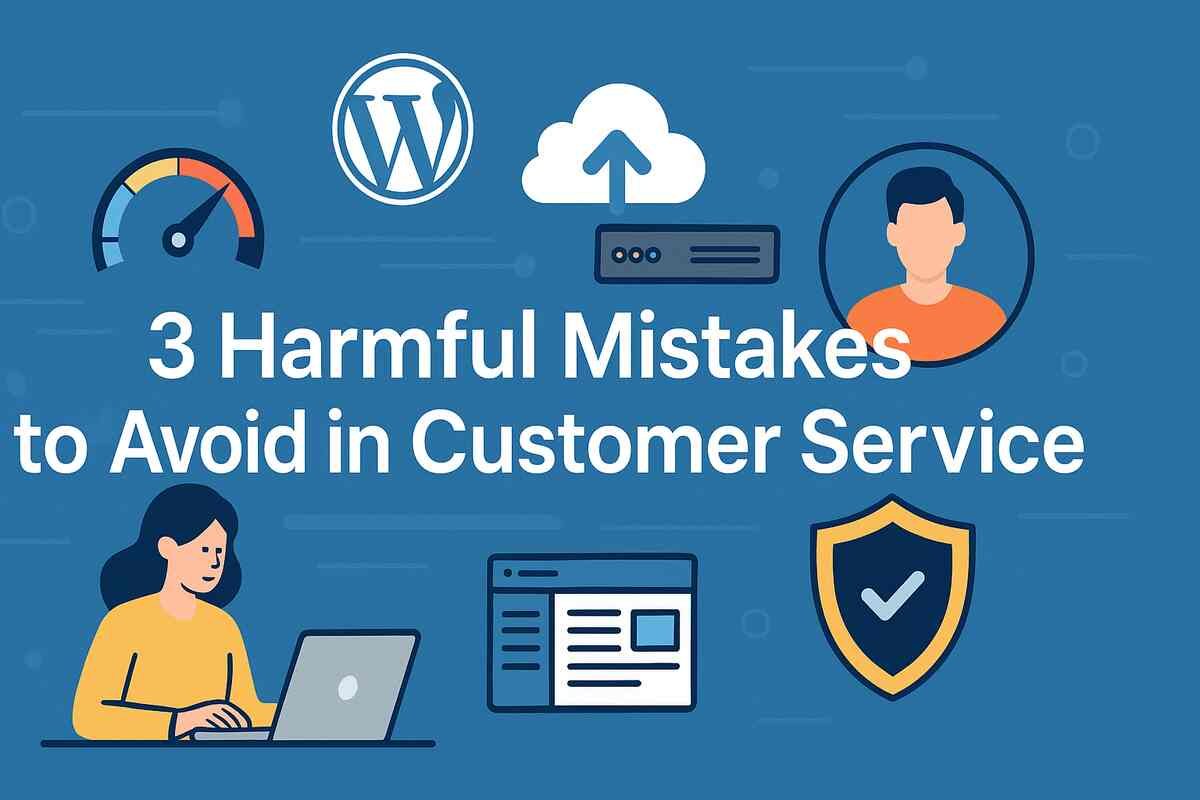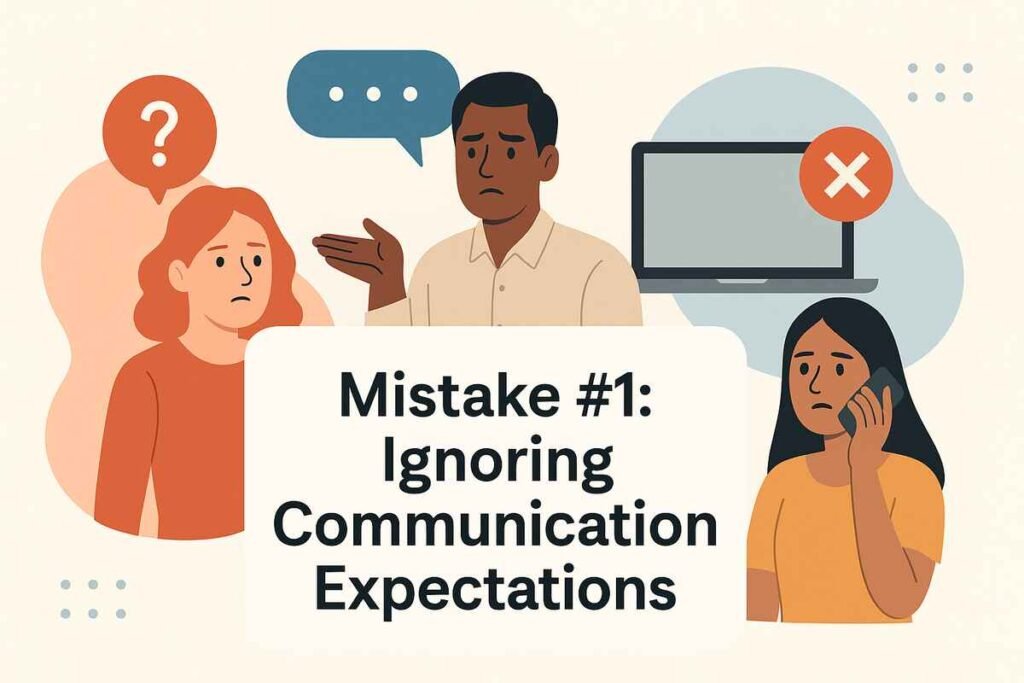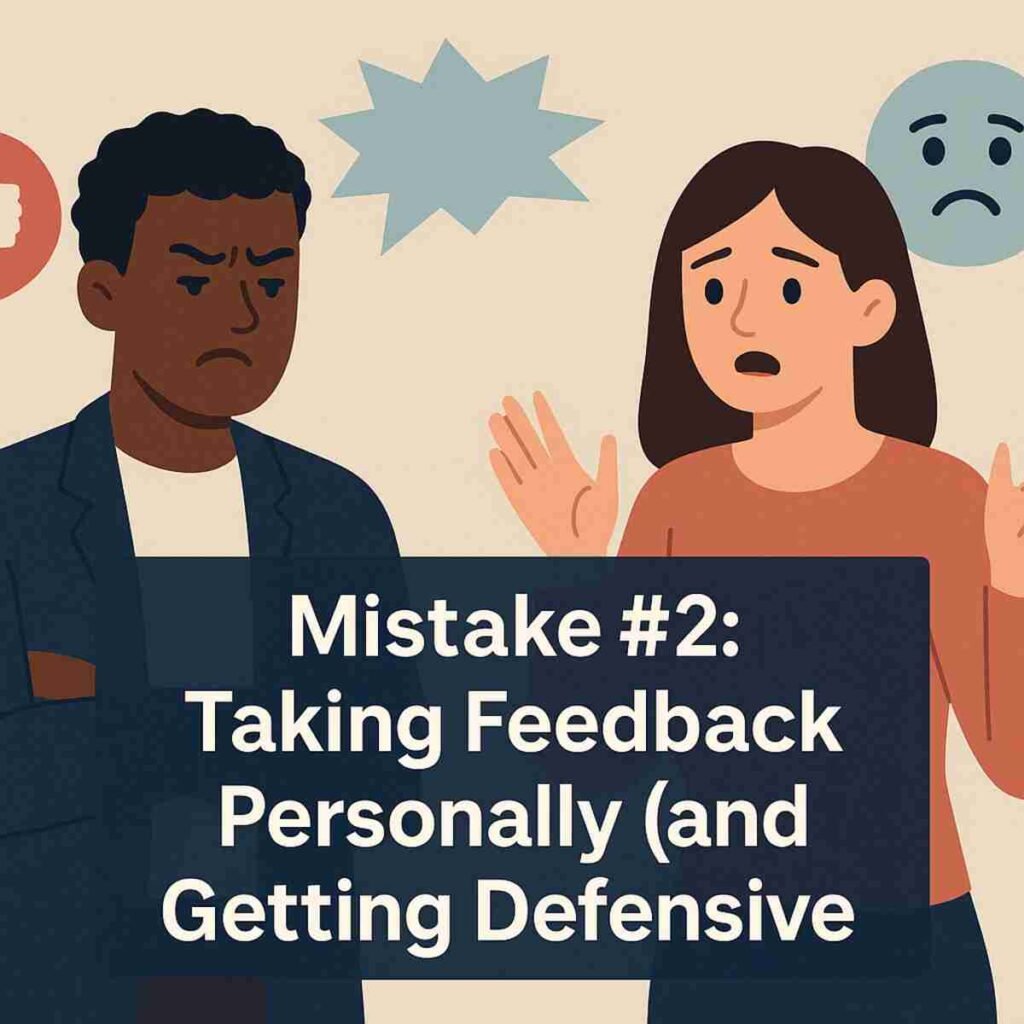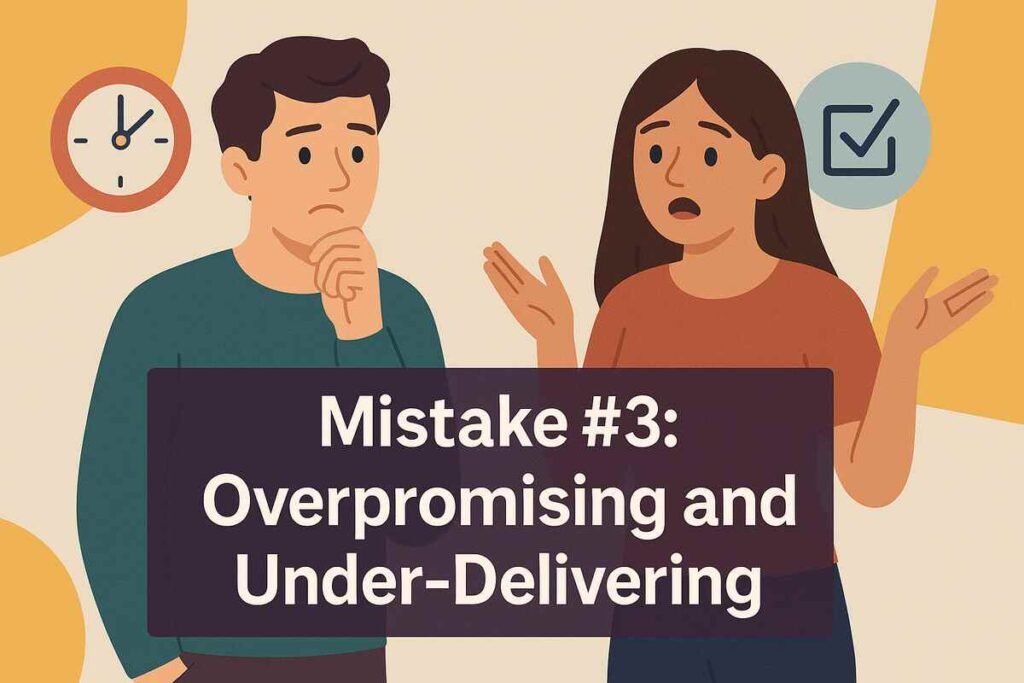Physical Address
304 North Cardinal St.
Dorchester Center, MA 02124
Physical Address
304 North Cardinal St.
Dorchester Center, MA 02124

In the world of freelance and nomadic work, your reputation is everything. And nothing affects your professional image more than how you handle customer service. Whether you’re a digital nomad managing remote projects or a freelancer juggling multiple clients, delivering exceptional service can make or break your business. Yet, despite the best intentions, many fall into subtle traps that damage relationships, reduce referrals, and limit growth. This article explores the 3 harmful mistakes to avoid in customer service so your freelance journey can thrive, not falter.
Freelancers and digital nomads depend on trust, communication, and consistency. Unlike large corporations with dedicated teams, you’re often the face of your brand, the support rep, and the product all rolled into one. Failing in any part of customer service directly reflects on your professionalism—and reduces repeat business.
Key reasons customer service matters:
Customer service missteps can be silent killers in a freelancer’s or digital nomad’s career. While your technical skills or creativity might impress, one mishandled conversation or a poor communication habit can unravel months of good work. Let’s dive into three critical customer service mistakes you must steer clear of.

When freelancers vanish after getting paid or disappear for days during a project, it fosters anxiety in clients—even if everything is going smoothly behind the scenes. Silence often signals incompetence or neglect in the eyes of the client.
According to a HubSpot study, 90% of customers rate an “immediate” response as important when they have a question—especially in service-based businesses.

Freelancers and digital nomads often equate their work with their identity. So when a client offers criticism, it can feel personal. Responding defensively not only alienates the client but also shuts down an opportunity for improvement.
A report by Qualtrics XM Institute found that companies who acted on feedback improved customer satisfaction rates by 25%. Freelancers are no different—acting on feedback is a business advantage.

It’s tempting to say yes to every request, offer tight deadlines, or claim skills you’re still learning. But in practice, this leads to missed expectations, rushed quality, and disappointed clients.
Even Zendesk’s customer service trends report emphasizes managing expectations as a cornerstone of satisfaction. Overpromising builds pressure that rarely ends well—for you or the client.
As a nomadic worker, you’re often not face-to-face with clients. This makes empathy even more critical.
Tips to build empathetic rapport:
Empathy transforms transactions into relationships. And in freelancing, relationships are the foundation of longevity.
Great freelancers don’t just react to issues—they anticipate them. Proactive service sets you apart and creates loyalty.
Ways to be proactive:
Freelancers who take initiative aren’t just vendors—they become trusted partners.
| Category | Reactive Service | Proactive Service |
|---|---|---|
| Communication | Replies when prompted | Initiates updates |
| Feedback | Waits for criticism | Asks for insights |
| Deliverables | Meets exact specs | Suggests improvements or extras |
| Project Planning | Adjusts timelines last-minute | Builds buffer into schedule |
| Client Experience | Transactional | Relationship-focused |
What are common mistakes to avoid in customer service as a freelancer?
Some of the most damaging mistakes to avoid in customer service include poor communication, taking feedback personally, and overpromising deliverables. These errors can hurt your reputation and reduce client trust.
How can I offer better service while working remotely?
Use tools like Slack, Zoom, or Loom for personal touchpoints. Set clear communication timelines, and be empathetic in all client interactions.
Why do clients leave even if my work is good?
Often, it’s not the quality of work, but the experience around it. Bad service—late replies, missed deadlines, lack of clarity—can override otherwise excellent delivery.
In the fast-paced world of freelancing and digital nomadism, mistakes to avoid in customer service can no longer be ignored. Your ability to communicate proactively, accept feedback gracefully, and set realistic expectations will define your long-term success. Freelancers who make service a priority don’t just survive—they build careers of freedom, reputation, and opportunity